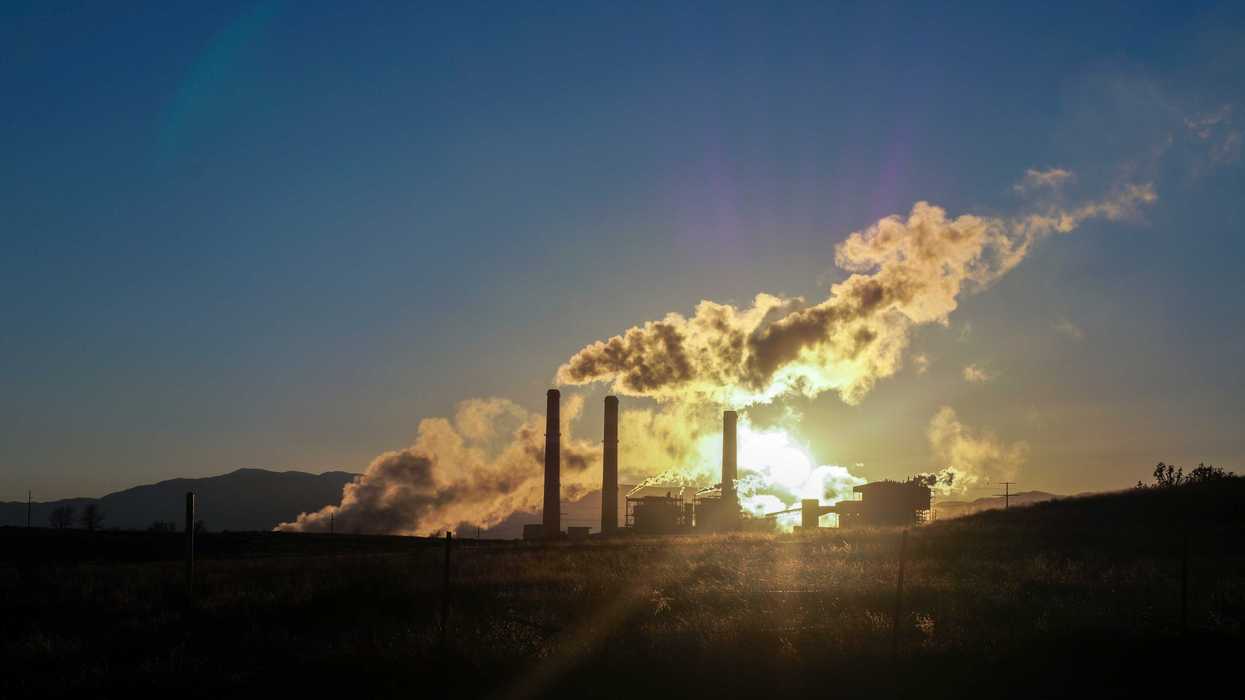The global petrochemical industry is bracing for a significant transformation, as a deep and extended downturn is expected to close many outdated plants, leading to more sustainable operations powered by low-carbon solutions and recycling technologies.
Alexander H. Tullo reports for Chemical & Engineering News.
In short:
- Overcapacity and rising production costs are pushing many older petrochemical plants, especially in Europe, to shut down by the end of the decade.
- Companies are investing in low-carbon hydrogen and recycled plastics technologies to meet environmental goals, with several projects launching by 2028.
- China's economic slowdown is reducing demand growth, further exacerbating the petrochemical market’s recovery challenges.
Key quote:
“We are in a trough; it’s wide, relatively deep, and the recovery is in 2028 onward.”
— Dewey Johnson, senior vice president at CMA
Why this matters:
The petrochemical industry, historically reliant on fossil fuels, is undergoing a major shift. Decarbonization and recycling innovations will help reduce its environmental impact, but the process could mean job losses and economic shifts in regions dependent on older plants.
Related: WATCH: Enduring the “endless” expansion of the nation’s petrochemical corridor














